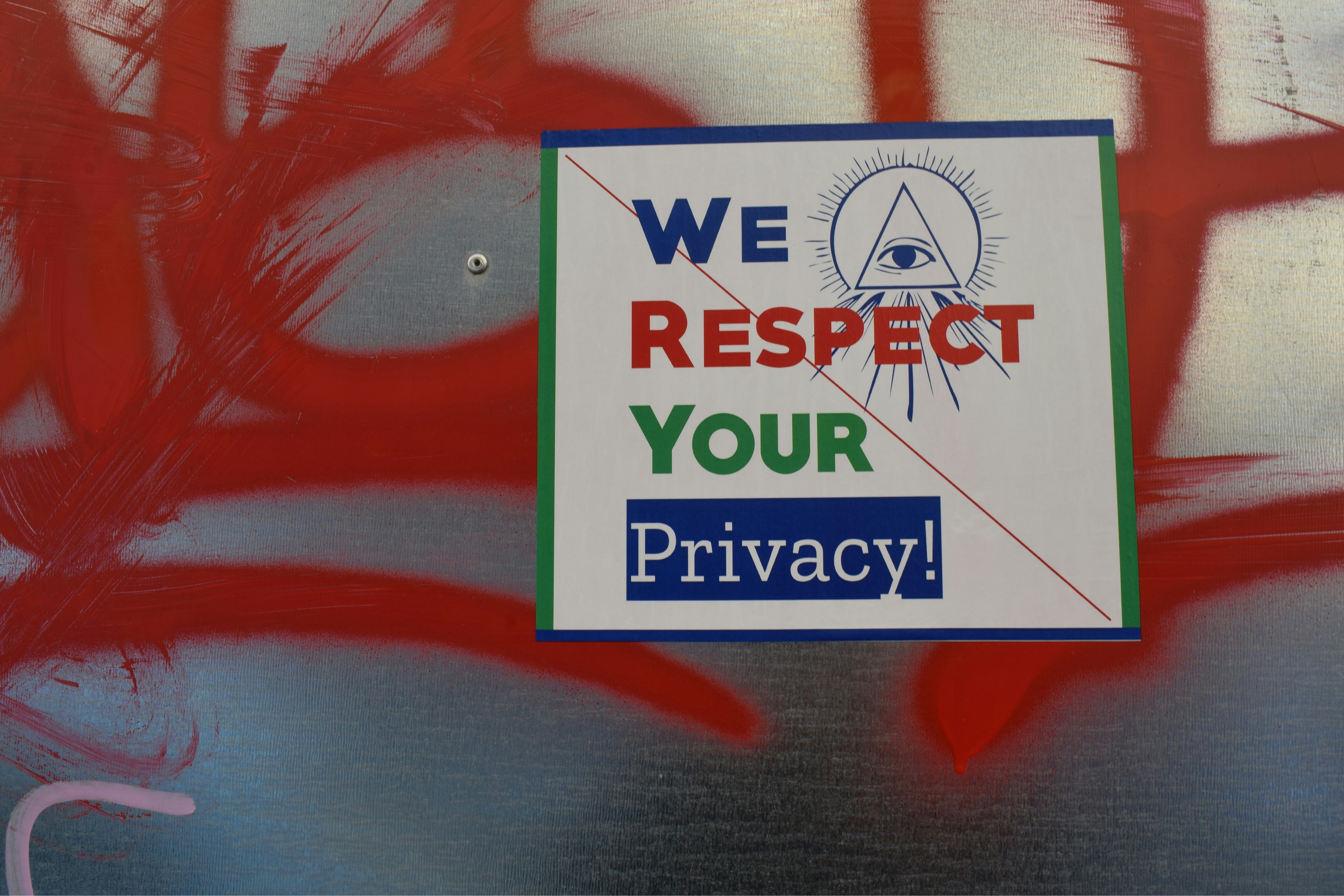Shaping Modern Democracy: The Role of Citizen's United v. Federal Election Commission
Delve into the landmark Supreme Court case, Citizens United v. Federal Election Commission, that continues to shape American democracy. Understand the legal journey, its current implications, and the ongoing debate around it.

Background: A Tale of Political Spending
Citizens United v. Federal Election Commission was a landmark U.S. Supreme Court case decided in 2010. The dispute centered around whether a non-profit corporation, Citizens United, could air a film critical of then-presidential candidate Hillary Clinton. The legal crux was whether this constituted an “electioneering communication,” which was prohibited by the Bipartisan Campaign Reform Act of 2002 (BCRA).
The Ruling: Free Speech or Corporate Power?
The Supreme Court ruled 5-4 in favor of Citizens United. The majority opinion, led by Justice Kennedy, argued that corporations have the same First Amendment rights as individuals. The ruling effectively eliminated the BCRA’s restrictions on corporate and union funding of political advertisements, identifying them as a form of protected speech.
Current Implications: The Rise of Super PACs
One direct consequence of this ruling was the emergence of Super PACs, political action committees that can raise unlimited sums from corporations, unions, and individuals but are not allowed to coordinate directly with parties or candidates. This has resulted in an unprecedented influx of money into U.S. politics, raising concerns about the influence of wealthy donors on the democratic process.
Ongoing Debate: Democracy or Plutocracy?
The Citizens United decision remains controversial. Advocates argue that it allows for greater freedom of expression in the political realm. Critics, however, view it as a tool that enables wealthy corporations and individuals to exert disproportionate influence over politics, thereby undermining the principle of ‘one person, one vote.’
Impact on Society: A Shifting Political Landscape
The case has undeniably altered the American political landscape. The power dynamics have shifted, and the role of money in politics has escalated. Whether this change ultimately strengthens or undermines American democracy is a matter of ongoing debate, underscoring the enduring impact of this landmark ruling on U.S. politics and law.
In conclusion, the Citizens United v. Federal Election Commission ruling has had far-reaching implications on the American political system. Its effects continue to ripple through our society as we grapple with balancing freedom of expression and the maintenance of a truly representative democracy. This case serves as a reminder of the power and long-term impact that Supreme Court decisions can have on our everyday lives.




